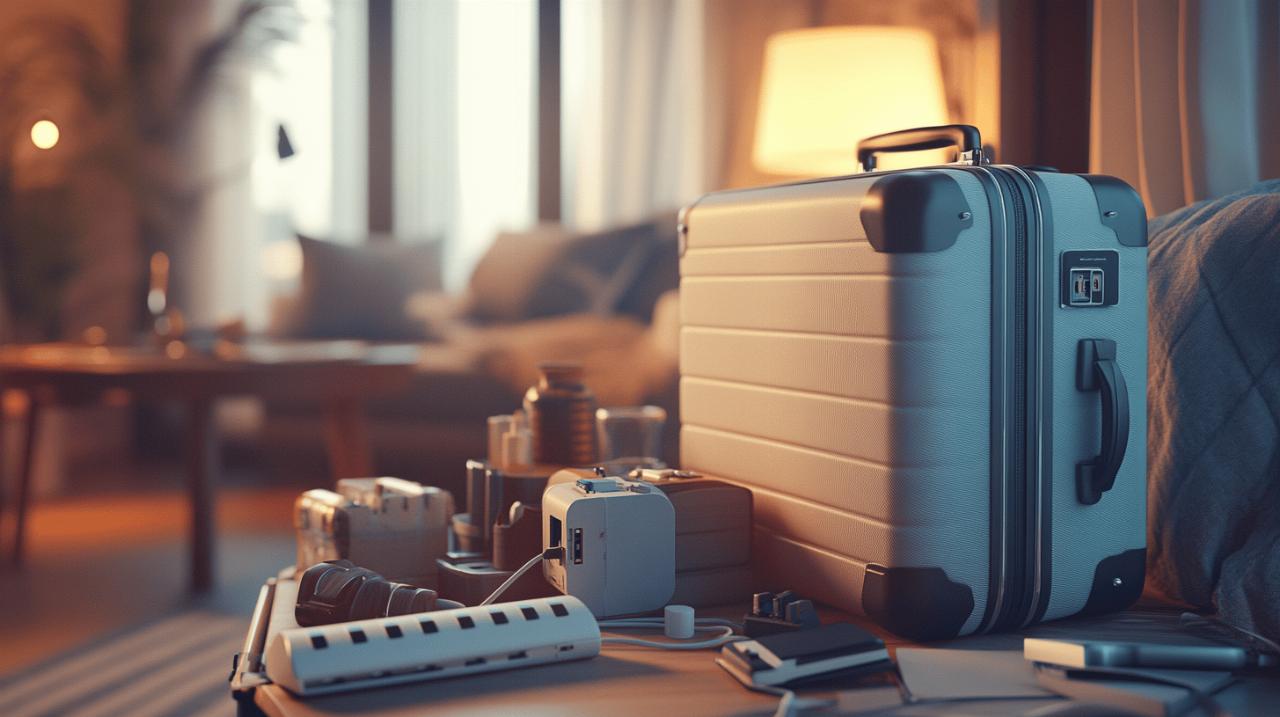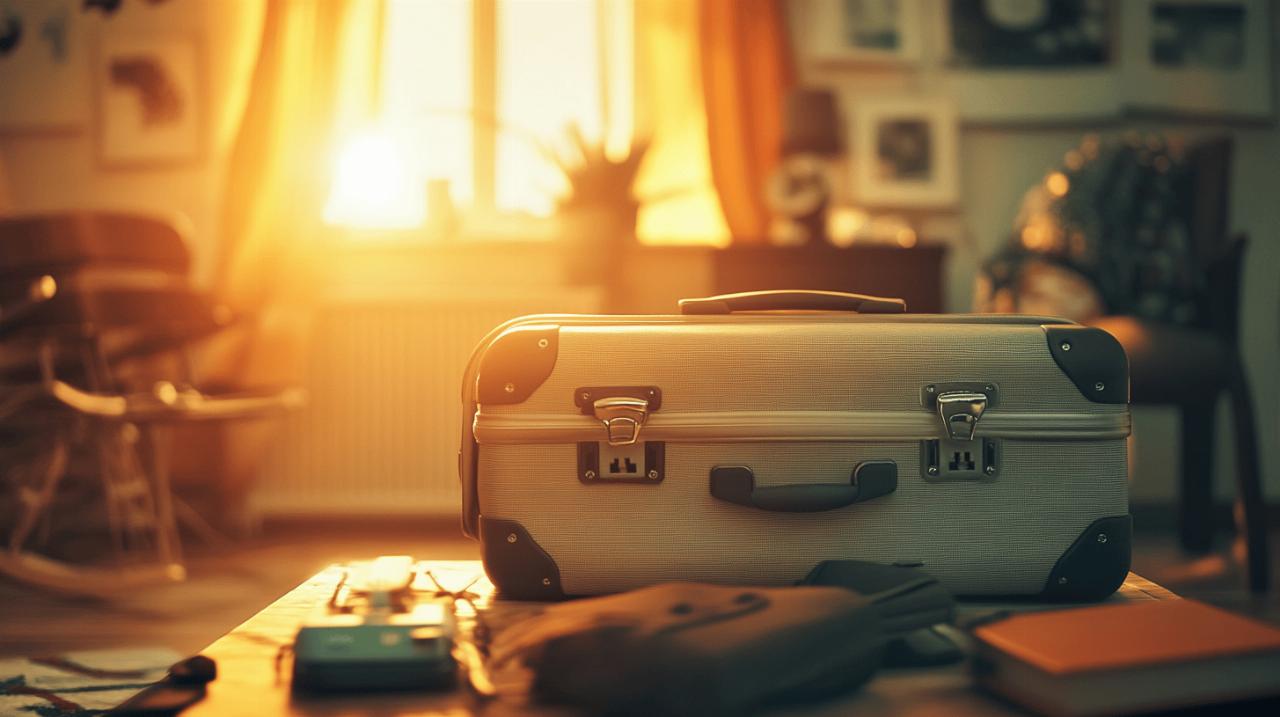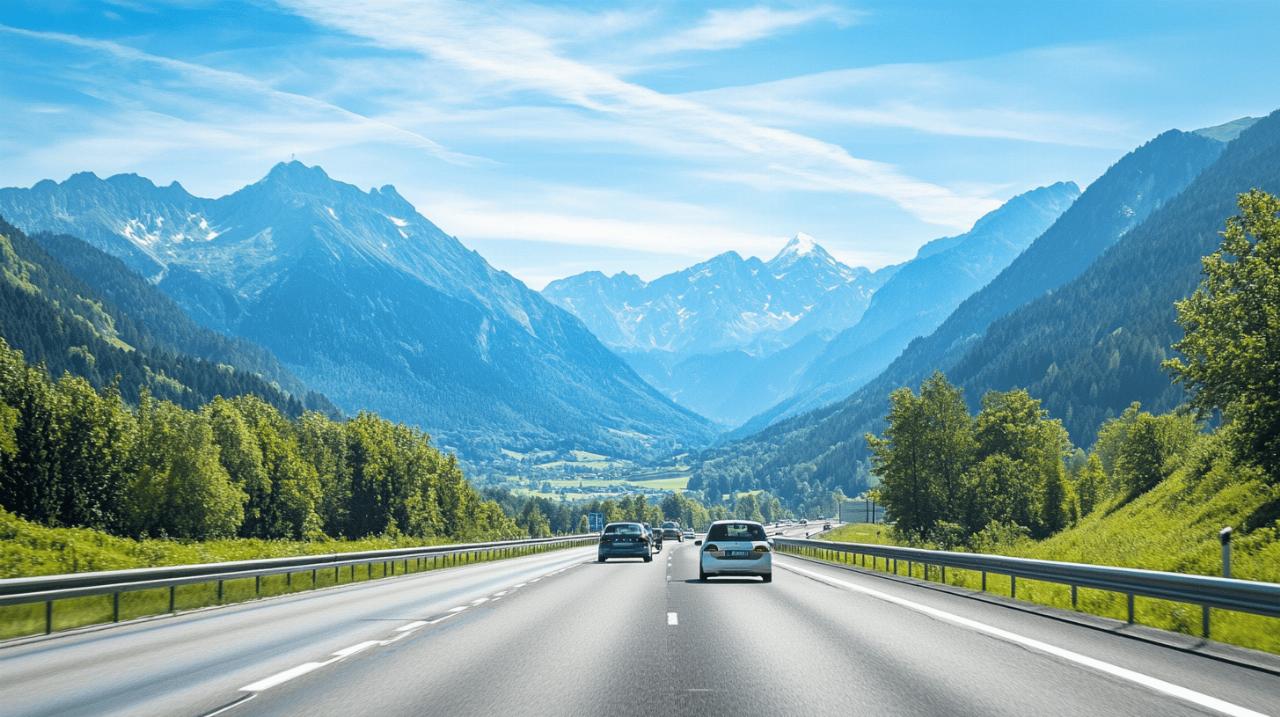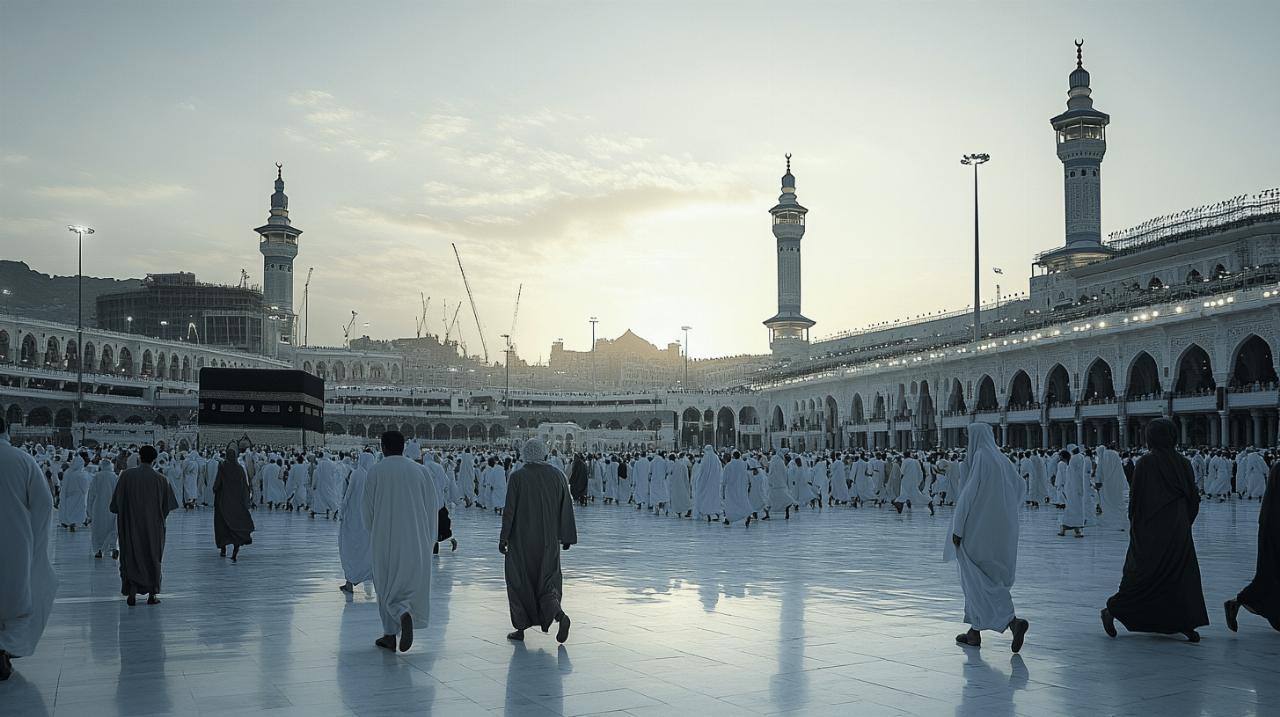When preparing for a journey to Dubai, one of the practical considerations that often gets overlooked until the last minute is electrical compatibility. While you're busy planning visits to the Burj Khalifa or booking desert safaris, understanding the electrical socket requirements can save you significant hassle upon arrival. This guide will answer the French question 'Quel type de prise electrique faut-il prevoir pour Dubai?' (What type of electrical socket should you prepare for Dubai?) with a British perspective.
Electrical socket types in dubai
The electrical infrastructure in Dubai presents a pleasant surprise for British travellers. The United Arab Emirates, including Dubai, primarily uses Type G electrical sockets—identical to those found throughout the United Kingdom. These distinctive three-pin rectangular plugs mean that if you're travelling from Britain, you can simply pack your devices without worrying about adapters for your Dubai adventure.
The good news for british travellers
For Brits heading to Dubai, electrical safety concerns are minimal when it comes to plug compatibility. Your phone chargers, laptops, hair dryers, and other essential travel electronics will plug directly into Dubai's wall sockets without any modification. This compatibility extends to all your UK appliances abroad, allowing for a seamless transition between countries. The electrical standards in Dubai align perfectly with what you're accustomed to at home, making one less thing to worry about on your holiday checklist.
What French and European Visitors Need to Know
While British travellers enjoy plug compatibility, our European neighbours face a different situation. France and many continental European countries use Type C or Type E plugs, which feature two round pins rather than the rectangular arrangement found in Type G sockets. European visitors will need to secure proper travel adaptors before their journey to ensure they can use their devices in Dubai. The international plug types difference represents one of the few practical hurdles for European tourists visiting the Emirates.
Travel adapters for your dubai trip
For those who require them, travel adaptors are essential items to pack for Dubai. These small devices allow you to physically connect your plugs to the local sockets, regardless of their original design. While British travellers may not need these for Dubai specifically, they might be useful if your journey includes stops in other countries with different socket types.
Universal adapters: a smart investment
For frequent travellers, investing in a universal adapter provides excellent value. These versatile devices are designed to accommodate various plug types from around the world, eliminating the need to purchase country-specific adaptors for each destination. A quality universal adapter can handle power plugs from virtually any country, making it particularly useful for multi-destination trips or for those who travel internationally on a regular basis. Many modern universal adaptors also include USB ports, allowing you to charge multiple devices simultaneously—a convenient feature when hotel room outlets are limited.
Where to purchase adapters before your journey
Travel adaptors can be purchased from numerous locations before departure. Electronics retailers, airport shops, and online marketplaces offer a wide selection at varying price points. For the best value, consider shopping at major electronics stores rather than airport concessions, where prices tend to be significantly marked up. If you find yourself in Dubai without an adapter, the city's numerous malls and electronics shops stock a wide variety of plug compatibility solutions. Major shopping centres like Dubai Mall and Mall of the Emirates feature electronics stores where you can find the necessary equipment at reasonable prices.
Voltage considerations for dubai travel
Beyond the physical connection, understanding the electrical voltage system is crucial for safe device operation. The wrong voltage can damage your equipment or create safety hazards.
Understanding the 220-240v system
Dubai operates on a 220-240V electrical system with a frequency of 50Hz, which is identical to the UK standard. This similarity extends beyond just the physical plug type, providing another layer of convenience for British travellers. The Dubai electricity system follows the same parameters that power UK homes, meaning your devices will receive the correct amount of power automatically. This shared 230V/240V standard eliminates the need for voltage converters for British travellers, which would otherwise be necessary when visiting countries with different voltage systems such as the United States.
Compatibility with your electronic devices
Most modern electronic devices, including smartphones, tablets, laptops, and camera chargers, are designed as dual voltage appliances that can handle a range of inputs from 100-240V. You can verify this by checking the small print on your charger or device, which typically indicates the acceptable voltage range. If your equipment specifies compatibility with 100-240V 50/60Hz, it will function perfectly in Dubai without any voltage adjustment. However, some older or specialised equipment might be single voltage appliances, designed only for specific power inputs. For these items, a voltage converter would be necessary even if the plug physically fits the socket.
Practical electrical tips for dubai visitors
Beyond the basics of plug types and voltage considerations, several practical tips can enhance your electrical experience while visiting Dubai.
Setting up your electronics in dubai
Upon arriving at your accommodation, take a moment to assess the available outlets and their placement. Many modern Dubai hotels, especially those catering to international visitors, feature multiple socket types in guest rooms, sometimes including both Type G and other international standards. Some establishments even offer built-in USB charging ports, though it's always wise to bring your own adapters rather than relying on hotel provisions. Consider bringing a small power strip if you travel with multiple devices requiring simultaneous charging. This simple addition to your luggage allows you to charge several devices from a single outlet—particularly useful when travelling with family members.
Keeping your devices charged throughout your stay
Dubai's climate can impact battery performance, with the extreme heat potentially causing devices to discharge more quickly than you might experience at home. The city's vast shopping malls, attractions, and transportation hubs increasingly offer public charging stations, but availability can vary. Portable power banks represent a valuable backup solution for busy days of sightseeing when access to outlets might be limited. Remember that in accordance with electrical safety guidelines, you should avoid leaving devices charging unattended, particularly in hotel rooms. This practice not only follows wiring regulations but also reduces fire risks in unfamiliar environments.
Electrical safety standards in dubai
If you're a British traveller planning a trip to Dubai, you're in luck regarding electrical sockets. Dubai uses Type G power plugs – the same rectangular three-pin plugs we use in the UK. This means most of your devices won't need adapters when visiting this stunning Emirates city.
Dubai operates on 220-240V at 50Hz, matching the UK's electrical supply. For most modern electronic devices such as mobile phones, tablets, and laptops, this is brilliant news as they typically handle a range of voltages (look for '100-240V 50/60Hz' on the charger).
While you won't typically need travel adaptors as a UK visitor, it's worth packing a power strip if you plan to charge multiple devices simultaneously. Some Dubai hotels offer USB sockets, but it's best not to rely on this – consider bringing a Type G plug with USB ports for convenience.
Uk vs dubai wiring regulations
The wiring regulations in Dubai align well with UK standards, which is reassuring for British travellers. Both countries follow stringent electrical safety protocols, with Type G plugs featuring safety features like shuttered live/neutral sockets and fused plugs.
If you're travelling from another country to Dubai, you'll need to be aware of the plug requirements. Visitors from countries using Type C (Europe), Type A/B (USA), or Types C, D, M (India) will need appropriate travel adaptors. Remember that USA appliances may also require voltage converters as they typically operate on 110V rather than Dubai's 220-240V.
For dual voltage appliances (marked 110-240V), you'll only need a physical adaptor. Single voltage appliances rated for a specific voltage may require voltage converters or transformers – converters for short-term use and transformers for continuous operation.
Managing product recalls and safety resources
When travelling with electrical items, staying informed about product recalls is vital for your safety. Before packing, check if any of your devices have been subject to safety notices through resources like Electrical Safety First, which monitors electrical product safety standards.
For those staying in Dubai long-term, understanding electrical inspections similar to the UK's PAT testing can be valuable knowledge. While your holiday accommodation will manage this, those staying in rented properties might want to confirm that electrical safety checks have been performed.
If you need to purchase electrical items in Dubai, you'll find they generally meet high safety standards. Major shopping centres in Dubai sell plug adaptors and voltage converters if needed. For peace of mind, registering new products with manufacturers enables you to receive safety notifications directly.
British travellers should feel confident about electrical compatibility in Dubai, as both the plug type and voltage align perfectly with UK standards. This compatibility means one less thing to worry about, letting you focus on enjoying the spectacular sights and experiences that Dubai has to offer.





